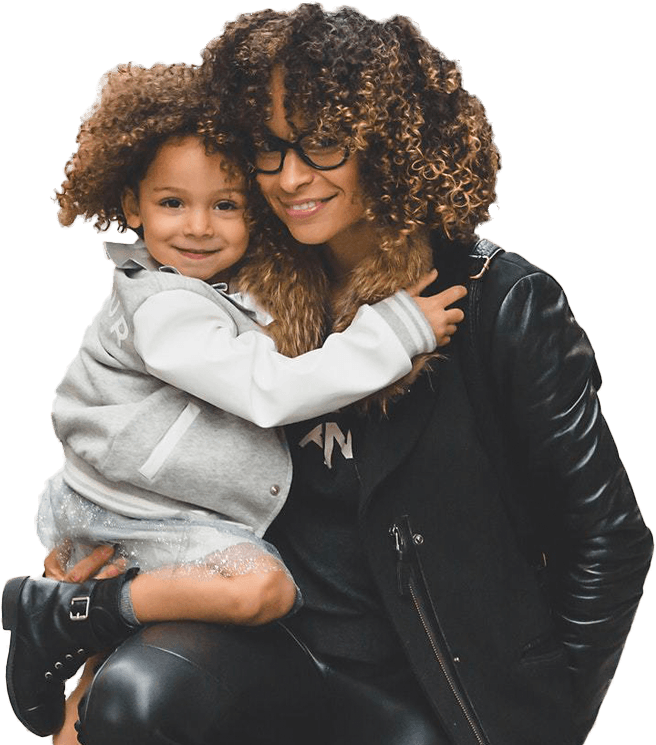Anger. We all recognize this strong emotion. Clenched fists, stomping feet, loud and harsh words, and a menacing gaze – I envision a wrathful dragon spewing fire that destroys everything in its path. Sometimes anger even manifests as physically aggressive behavior or destruction of property. Many children find managing their anger quite difficult, particularly if they have a psychiatric diagnosis like Attention Deficit Hyperactivity Disorder (ADHD) or Oppositional Defiant Disorder (ODD). Even children without mental disorders struggle with temper outbursts.
My 6-year-old son is especially prone to such outbursts. While he is all things wonderful most of the time, he is impatient, easily frustrated, and downright cantankerous at others. Most commonly he becomes angry when he does not get his way. When he gets angry, he starts to whine followed by the dreaded (albeit cute) pouty face and bargaining. When I don’t give in, then comes the accusations where he repeatedly says, “you’re being mean” and “that’s not fair” and stares angrily at me. When he is really upset, he will antagonize the person he believes to hold the blame. He has broken his older sister’s toys, taken something that does not belong to him and hid it, brushed up against my arm rather roughly, or written on his bedsheets or walls with a permanent marker.
His angry outbursts make me feel as if I am losing control. And ‘m a board-certified child and adolescent psychiatrist; so, I should be cool, calm, and collected, right? Umm, no, not all the time.
Since anger is a very common emotion that our children experience and one that can escalate quickly, I thought it would be helpful to discuss a few strategies to help our children manage their frustration and anger when those negative emotions arise.
1) Recognize and validate your child’s feelings
Anger is a normal human emotion. Parents and children, alike, feel angry sometimes. Let your child know that you understand that X situation triggered his angry feelings and that you can see why that circumstance led to those negative thoughts and actions. Not only does this acknowledge the pain and internal distress bombarding his mind and body but also gives him a specific name for it, anger. In the future, he can use words to describe his feelings rather than relying on acting them out.
2) Speak calmly and in a soft voice while talking to your agitated child
I don’t know if this happens at your house, but sometimes I find myself shouting “stop yelling” to my children who then respond to me by (gasp) yelling! We are relational creatures and highly responsive to our environments. When someone comes to me appearing tense and on edge, I instantaneously feel tense and on edge and respond accordingly. I am an emotionally mature grown up, and it still requires lot of effort for me to react calmly; so, imagine how difficult this is for children who are still in the throes of development. Practice patience. Speak softly and calmly as you inquire about their feelings. We must model the behaviors we wish for our children to adopt.
3) Give her the time and space to calm down
Talking to your child when she is still pretty riled up is futile. She is likely to be unreceptive, unwilling to listen to what you are trying to communicate to her. At times like this, there is no need to escalate the conflict further by insisting that she talk to you right now when you are both mad. Instead, ask her to find a place of her choosing to sit quietly and calm down. You an reintroduce the conversation once you both have had an opportunity to allow some of the tension to die down.
4) Teach her self-soothing techniques and healthy coping strategies
Children are born not knowing how to do much at all. As parents, we teach our little ones to feed themselves, walk, talk, ride bikes, and countless other developmental tasks. Yet development consists of much more than attaining cognitive and motor skills. The continuum of growth also encompasses social and emotional milestones. Learning how to regulate our moods and emotions is an essential developmental task that, if not mastered, can wreak havoc in a child’s life. Frequently irritable and frustrated children often have trouble making friends which can lead to social isolation and withdrawal, anxiety, and depression. Help her learn tools to calm herself when she is rattled, tips like deep breathing, counting to 10 or even 100, listening to music, or prayer and meditation. If she cannot think of a skill to use at the moment, offer one as a suggestion and assist her in putting that practice into place.

